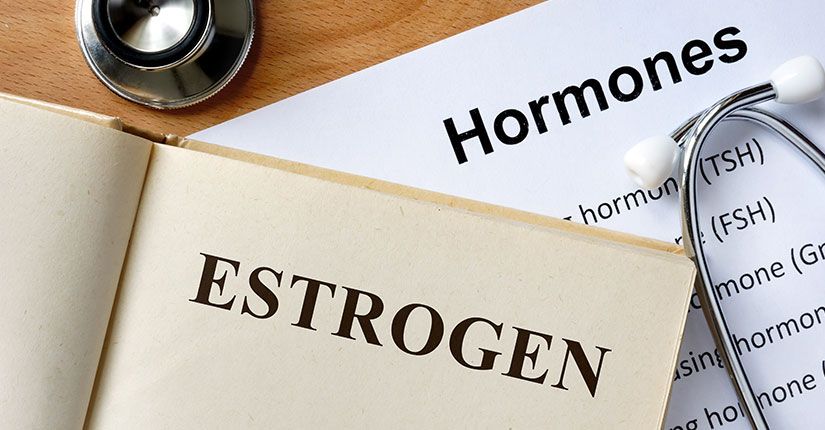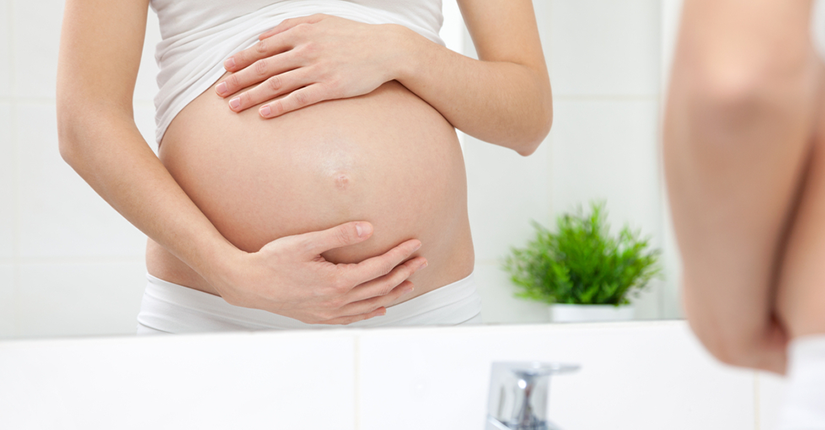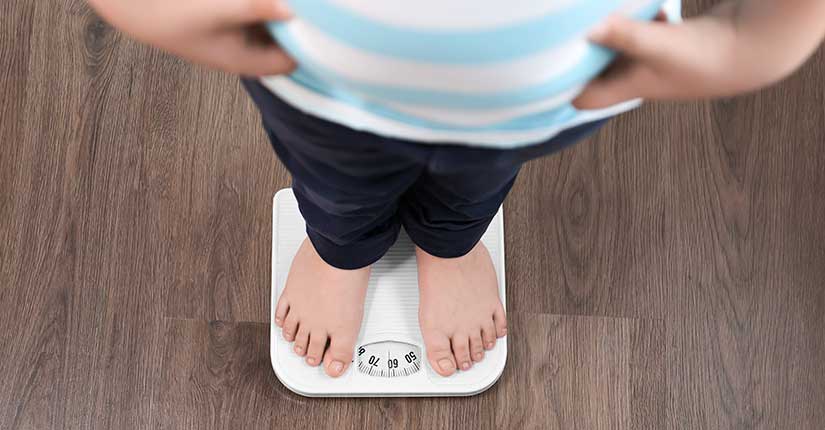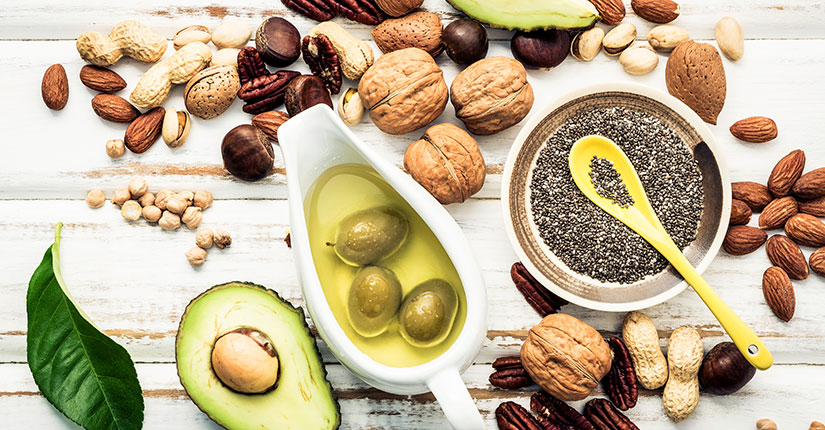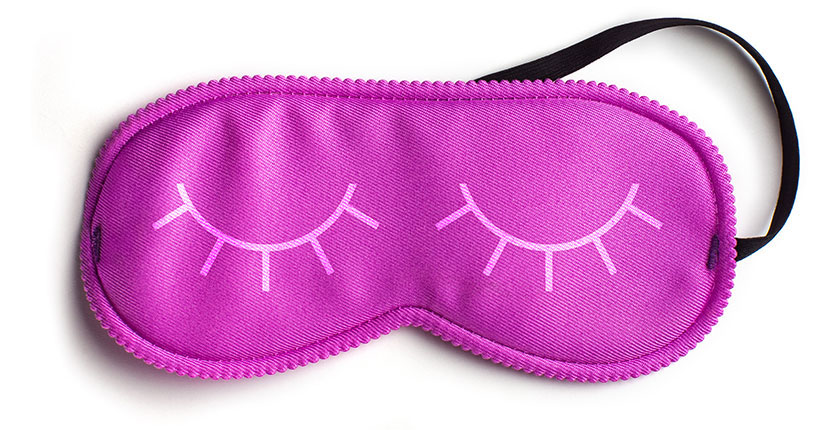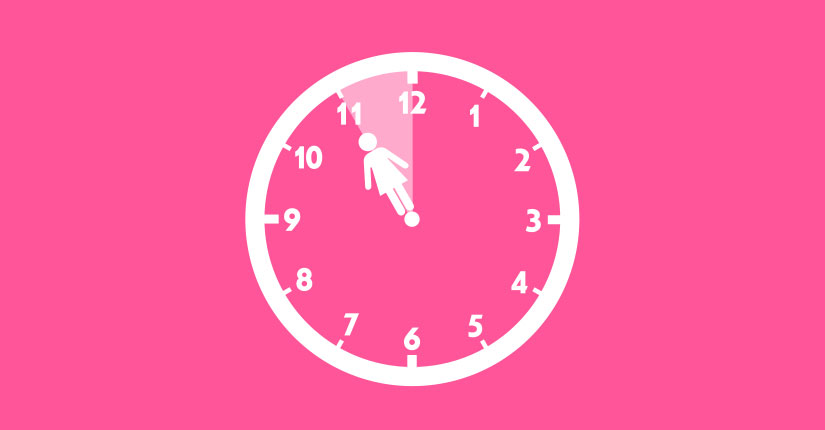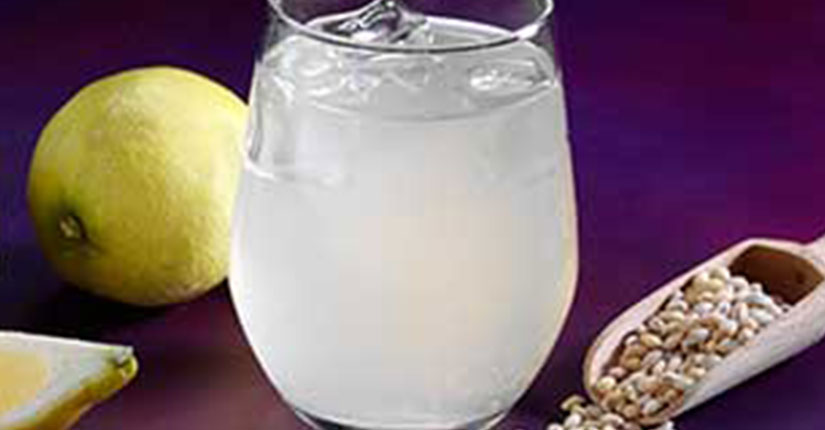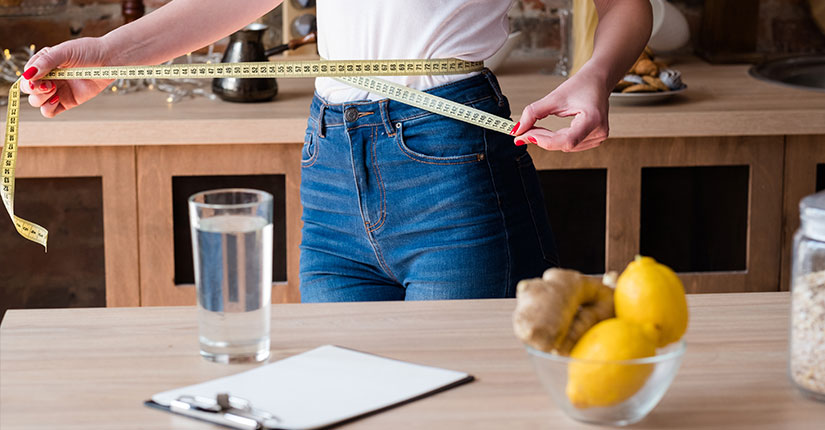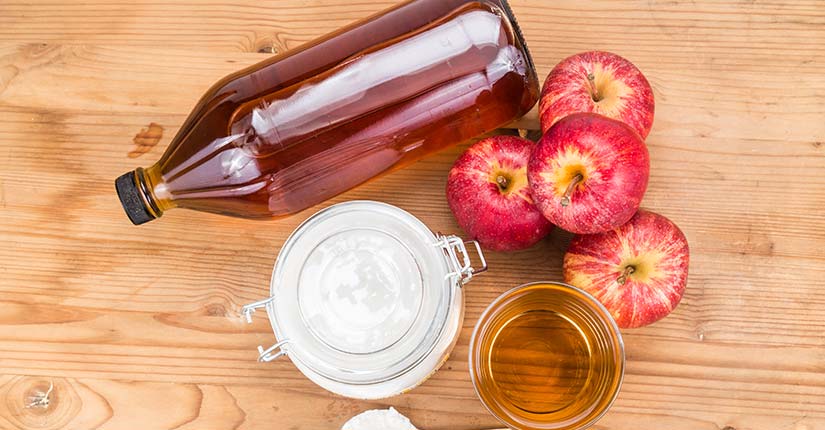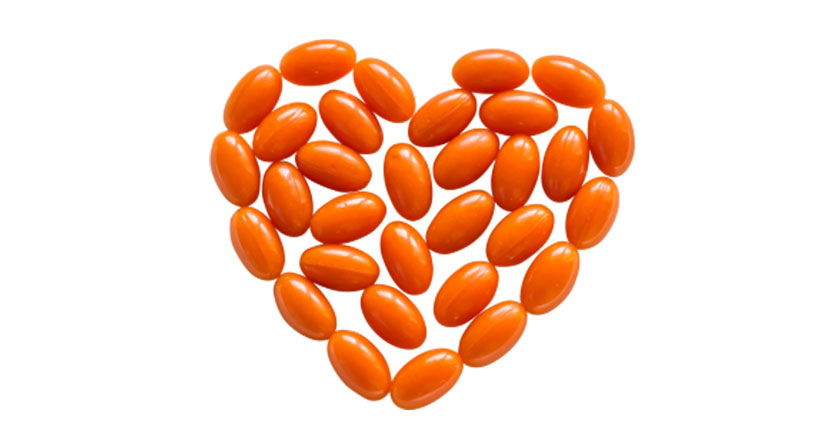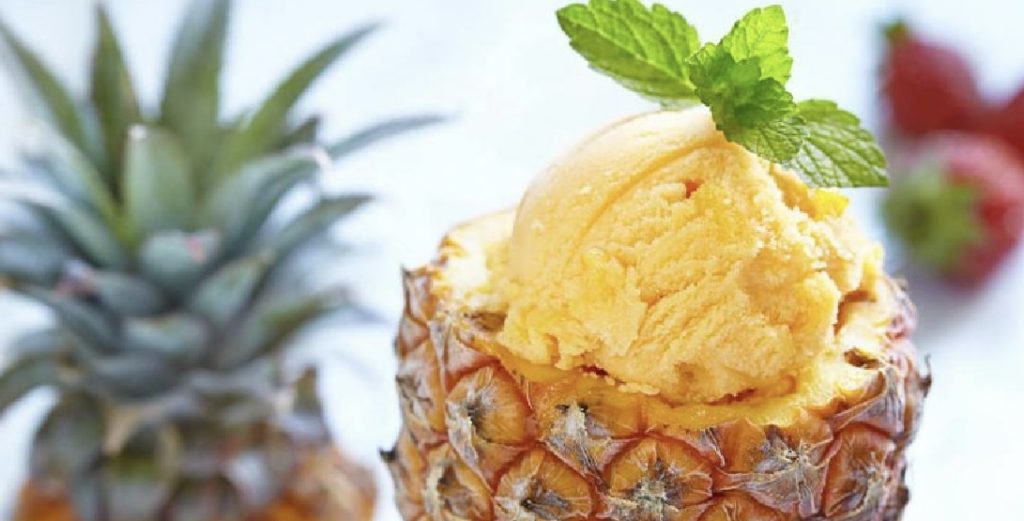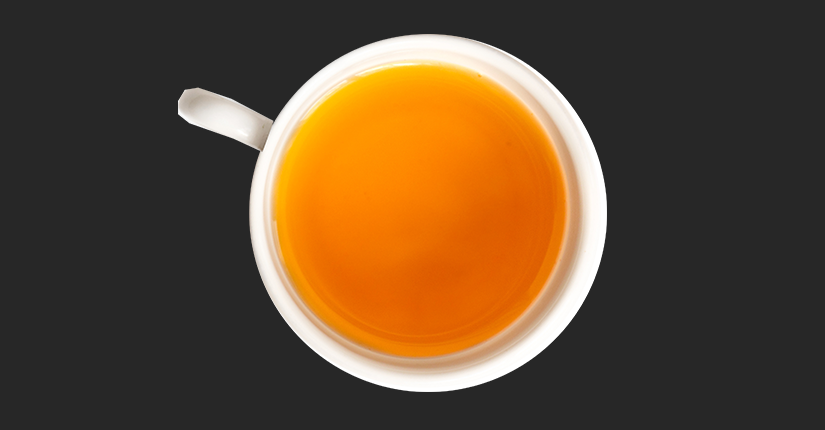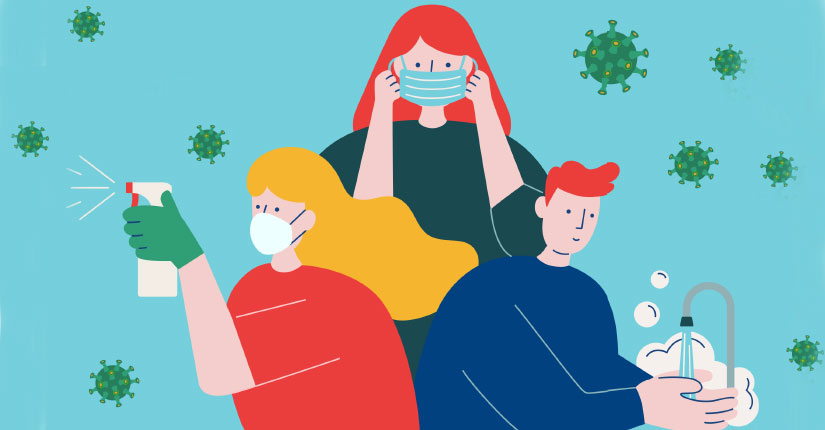Your Prenatal Nutrition Library- Important Nutrients you Need
By Nmami Agarwal 27-Dec 2020 Reading Time: 6 Mins
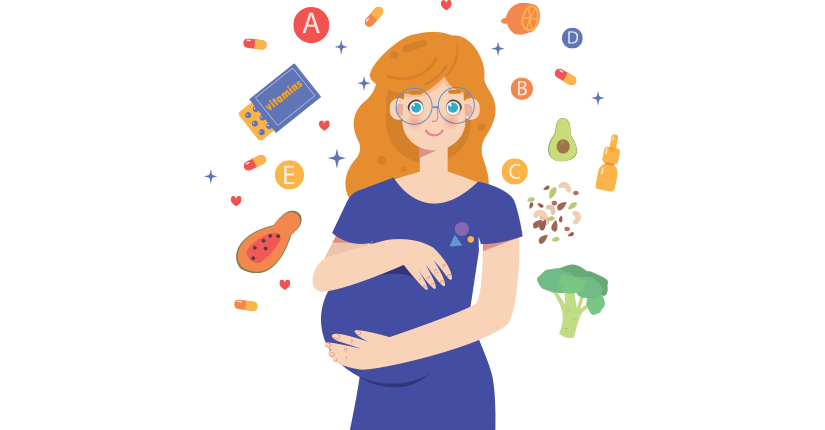
Nutrition is about eating a balanced and healthy diet so that your body gets enough nutrients that it requires. Nutrients are substances in foods that a human body needs for the growth and functioning. They include water, minerals, vitamins, proteins, fats, and carbohydrates.
Pregnancy adds up to everything more- more responsibility, more healthy eating which means many more important nutrients. Switching to a healthy lifestyle will help the baby to develop accordingly. It will also make sure that you and your baby gain an accurate amount of weight.
Key Pregnancy Nutrients:
You need more Vitamin D, calcium, iron and folic acid than you did before pregnancy:
- Folic acid:
Folic acid has vitamin B that can prevent certain birth defects. Normally you need 400 micrograms of this but during pregnancy and when breastfeeding, you need 600 micrograms per day from vitamins or foods. It can be difficult to get this much amount from food alone, so for balancing the intake you can take supplements that contain folic acid. - Iron:
Iron is an important nutrient for a baby’s growth and brain development. During pregnancy, the amount of blood maximizes in your body, so you need iron for you and for your baby. You must get 37 milligrams of iron per day. - Calcium:
Calcium reduces the risk of preeclampsia, a serious condition that increases blood pressure. Calcium also helps in building your baby’s teeth and bones. A pregnant woman should get 1000 milligrams of calcium per day. - Vitamin D:
It is because of this nutrient, the baby is able to build their teeth and bones. It is vital for every woman, pregnant or not, that they must get 600 international units of vitamin a day.
Foods to eat during pregnancy:
During pregnancy, your only goal should be eating rich nutritious foods. To maximize your nutrition intake, we have emphasized on the following 5 food groups: dairy products, whole grains, lean protein, fruits and vegetables.
- Fruits and vegetables:
During the second and third trimester, a pregnant woman should mostly focus on vegetables and fruits. Make green leafy or fruit salad of your choice, juices and Smoothie bowls in your meal. These colourful foods are low in calories and filled with minerals, fibres and vitamins. - Lean protein:
During pregnancy, it is very essential to add good protein sources in your everyday meal for the growth of your baby. Foods that are rich in protein include nuts and seeds, milk, cheese, tofu, beans, eggs, fish, poultry, and meat. - Whole grains:
These foods put an important source of energy in your diet, and also provide vitamin B, iron and fibre. Every pregnant woman should add carbohydrates in their meal such as brown rice, whole-wheat pasta, multigrain pieces of bread and oatmeal every day. - Dairy:
A pregnant woman should aim for at least three to four servings of dairy foods per day. Dairy products like cheese, yoghurt and milk are great sources of vitamin D, protein and calcium.
Food to avoid during pregnancy:
- Alcohol– Alcohol can cause premature birth and is not at all safe to consume during pregnancy.
- Fish that contain high levels of mercury should be avoided. Do not eat king mackerel, swordfish, shark, or tilefish.
- Avoid foods that are in your refrigerator for too long like meat spreads, Store-made salads, such as chicken, egg, or tuna salad, smoked seafood like whitefish, salmon, and mackerel.
- Do not drink too much caffeine as it may cause harm to your baby. A moderate amount of caffeine can be consumed.
Over to you:
These were some key information that you need to keep in mind during pregnancy. Follow the above-mentioned pregnancy nutrients to keep you and your baby healthy and safe.


